Prof. Dr.-Ing. Ivan Volosyak
Ivan Volosyak received the Diploma in the field of automation and control of technical systems from the Dnepropetrovsk State University, Dnepropetrovsk, Ukraine, in 1998, and the Ph.D. degree in electrical engineering from the University of Bremen, Bremen, Germany, in 2005. He is currently a Professor for Biomedical Engineering at the Rhine-Waal University of Applied Sciences, Kleve, Germany. Previously, he was a Postdoctoral Research Fellow at the Institute of Automation, University of Bremen, and Project Manager of several national and the European Union projects carried out at the University of Bremen, Bremen, Germany. From 2005 to 2008, he has held visiting positions at the Institute for Knowledge Discovery, Graz University of Technology, Graz, Austria, and at the Centre for Rehabilitation Engineering, Glasgow University, Glasgow, U.K. His research interests include brain computer interfacing, signal processing, digital image processing, service robotics, and assistive technology with the primary focus on applications in spinal cord injury rehabilitation.
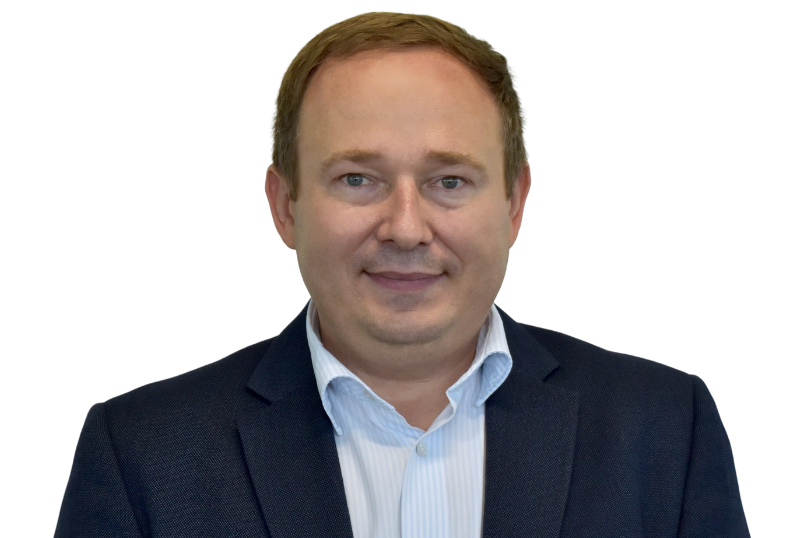
mgr inż. (Dipl.-Ing.) Piotr Stawicki
Piotr Stawicki received his Diploma (mgr inż - equivalent to M.Sc.Eng.) in Technical Physics with the focus on Biomedical Engineering from the Wroclaw University of Science and Technology, Wroclaw, Poland, in 2009. He is working (since 2014) as research assistant at the faculty of technology and bionics at the Rhine Waal University of Applied Sciences, Kleve, Germany. His current research interests include brain-computer interfaces, man-machine interaction, and robotics and virtual reality. He is currently pursuing a Ph.D at the Bielefeld University in the field of virtual reality and brain-computer interfaces.
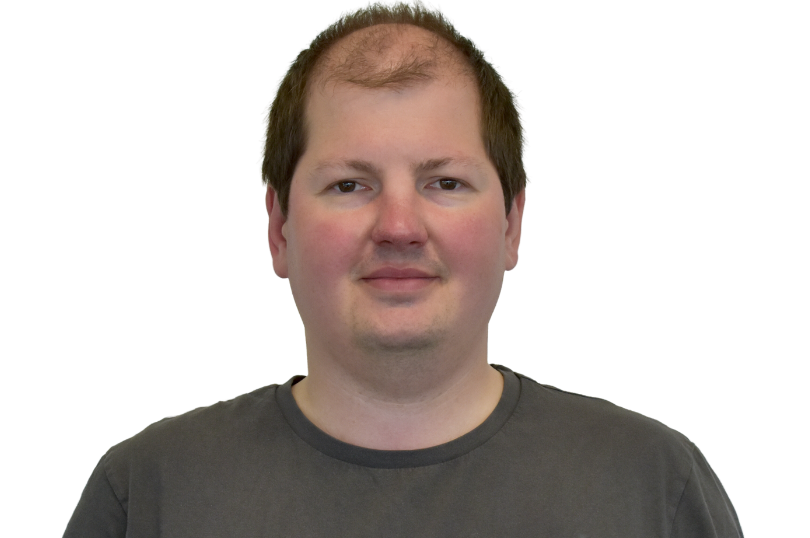
M.Sc. Hanneke Scheppink
Hanneke Scheppink received her Bachelor's and Master's degrees in Artificial Intelligence (AI) at the Radboud University in Nijmegen, where she specialised in AI for ‘Neurotechnology and Healthcare’ during her Master's. Her Master's thesis studied the use of the code-modulated auditory evoked potentials for neuro-steered hearing aids. Hanneke is one of the three doctoral candidates in the DONUT (European Doctoral Network for Neural Prostheses and Brain Research) project. Her research will focus on creating a user-friendly stimulus paradigm for a VEP-based BCI while increasing its performance. She aims to design and create BCI systems that can improve the quality of life for impaired users.
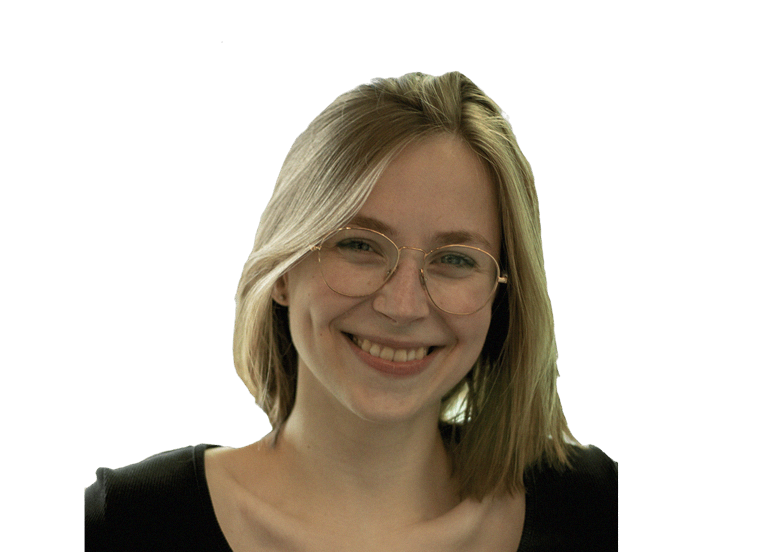
M.Sc. Milán András Fodor
Milan Andras Fodor received his Bachelor's degree in Engineering Management and Master's degree in Computational and Cognitive Neuroscience from the Budapest University of Technology and Economics, where his Master's thesis focused on passive speech BCI. He is one of the three doctoral candidates at the Rhine Waal University of Applied Sciences, contributing to the DONUT (European Doctoral Network for Neural Prostheses and Brain Research) project. His research aims to increase the performance, user-friendliness, and overall effectiveness of VEP based BCI systems, making them more accessible for everyone. His other interests include neuroscience and deep learning solutions.
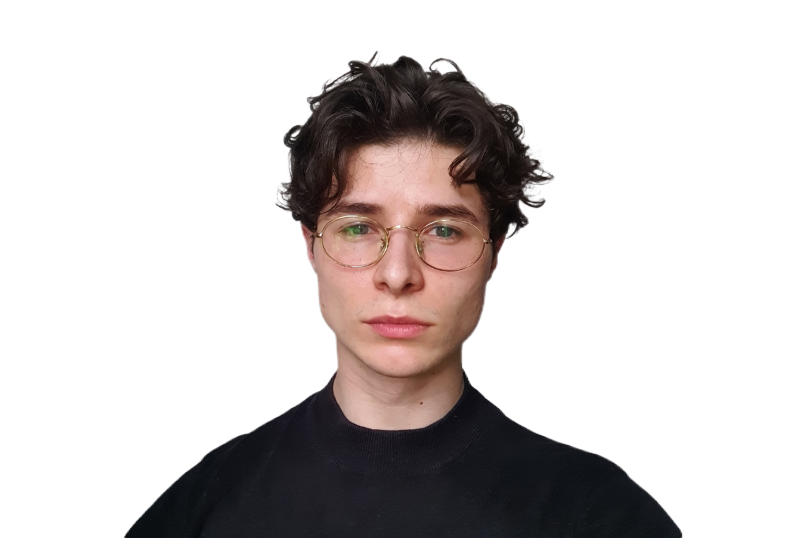
M.Sc. Ayas Kiser
Ayas Kiser completed a Bachelor's degree in Bioengineering at Yildiz Technical University in Istanbul, Turkey. She holds a Master's Degree in Bioengineering from the Institute of Graduate School at Adana Alparslan Türkeş Science and Technology University in Adana, Turkey. Her Master's research, focused on molecular modeling and simulations of hydrogen production mechanisms using cobalt-based polypyridyl pentadentate ligands, employing ab-initio molecular dynamics, density functional theory, and free energy perturbation theory. During and after her master studies, as a TÜBİTAK scholarship-holder, she gained experiences with high-performance computing systems for data-intensive tasks and simulations. Ayas is one of the three doctoral candidates in the DONUT (European Doctoral Network for Neural Prostheses and Brain Research) project at the Rhine Waal University of Applied Sciences. Her research aims to develop an EEG based biometric system.
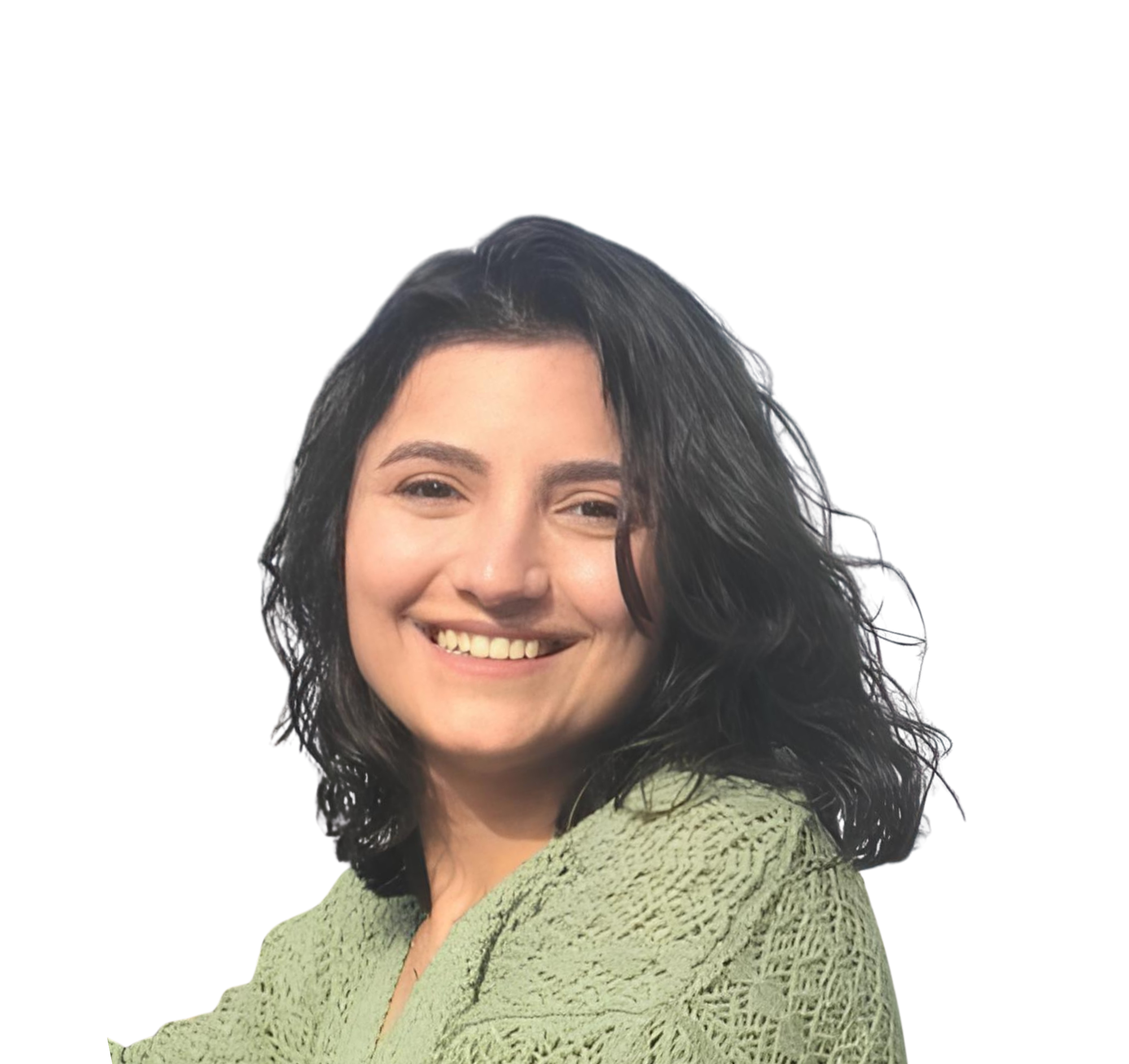
Atilla Cantürk
Atilla Cantürk is a Bachelor student at Hochschule Rhein-Waal, pursuing the dual degree in study courses Mechatronics System Engineering and Electrical and Electronics Engineering at the faculty Technology and Bionics. He is currently working as a student assistant under the guidance of Prof. Dr.-Ing. Ivan Volosyak in the BCI lab Kleve. Atilla's primary interests revolve around robotics, biomedical technologies, and music. He actively contributes to research projects and various initiatives, such as the development of a "DuckHunt" game that utilizes an eye tracker device to be presented during different events, as e.g. Girls Day, Doors Open Days, different school visits, etc. His aim is to enhance the modern human-machine interaction through the synergies between mind-controlled devices and robotics, with a particular focus on improving the quality of life for individuals with disabilities.
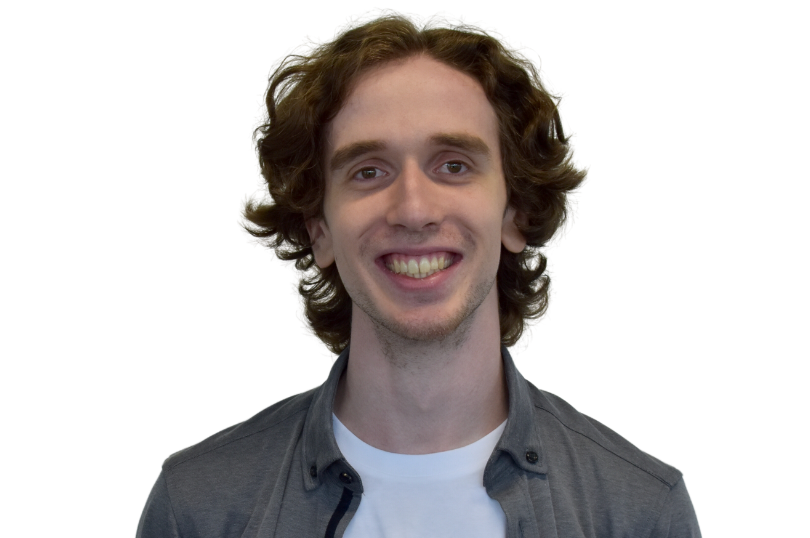
Worked in BCI Kleve lab:
- Dr. Felix Gembler
- M.Sc. Roland Grichnik
- M.Sc. Abdul Saboor
- M.Sc. Aya Rezeika
- M.Sc. Mihaly Benda
- M.Sc. Hannah Herschel
- Le, Thi-Phuong-Ngan
- María del Carmen Cortés Navarro